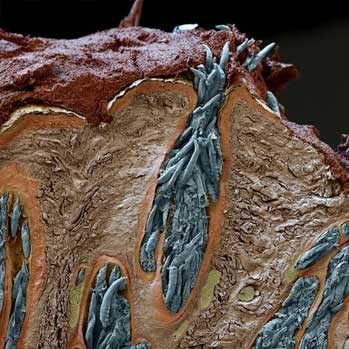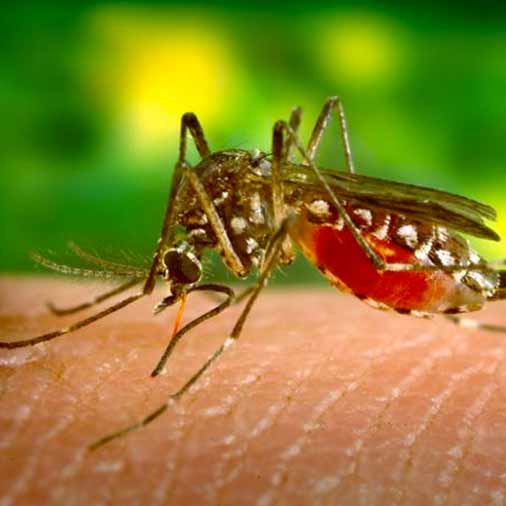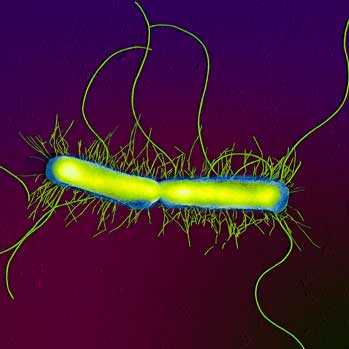Three species—P. vulgaris, P. mirabilis, and P. penneri—are opportunistic human pathogens. This set includes frequencies for P. vulgaris only. Proteus includes pathogens responsible for many human urinary tract infections. Proteus mirabilis causes wound and urinary tract infections. Most strains of Proteus mirabilis are sensitive to ampicillin and cephalosporins. Proteus vulgaris is not sensitive to these antibiotics. However, this organism is isolated less often in the laboratory and usually only targets immunosuppressed individuals. Proteus vulgaris occurs naturally in the intestines of humans and a wide variety of animals; also manure, soil and polluted waters. Proteus mirabilis, once attached to urinary tract, infects the kidney more commonly than E. coli. Proteus mirabilis are often found as free-living organisms in soil and water.
Related services

Annual Frequency Subscription
This subscription was created at the request of experienced researchers who know how to select the right frequencies and run them on their own machines.

Rosacea Demodex – Version 6.0
Some rosacea is associated with a Demodex infection, a common mite. It affects bodily functions even when there are no observable symptoms.

Gonnorhea – Version 2.1
Research on biofilms during the past two years has surfaced multiple strains of gonnorhea. This infection is widespread and may be latent for decades with serious consequences.

Alzheimer’s Disease – Version 2.0
For some months I have been researching Alzheimer’s disease. All patients are infected with certain biofilms which may be causing the plaque buildup in the brain.

West Nile Virus – Version 3.0
For the past decade fellow researchers have worked with the Frequency Research Foundation to identify frequencies that will make over 150 species of mosquitos go away, including those mosquitos carrying the West Nile Virus.
